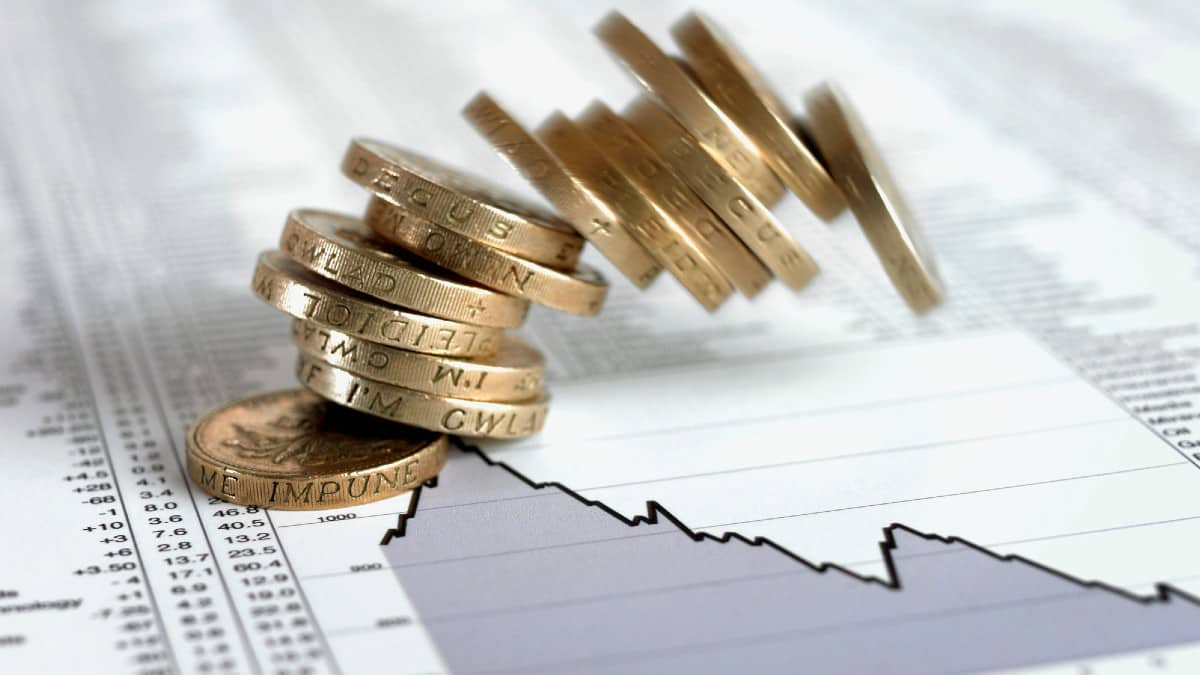If you plan on taking a holiday soon, you may already be feeling the pain from a weakening pound. But as an investor, what might it mean for the UK shares I own? Is a falling pound likely to increase or decrease their value?
Currency exposure
The answer to that question is more complicated than it first seems — and will be different depending on the company.
In broad terms, I think it depends how exposed a company is to overseas markets. For example, I own shares in the polymer specialist Victrex. It exports almost all of the output from its UK factory. A weakening pound can be bad for it in terms of input costs. It may need to pay more in sterling for some inputs from overseas. But if it sells in pounds, its pricing may become more attractive to international clients as the pound weakens.
Should you invest £1,000 in Beazley Plc right now?
When investing expert Mark Rogers has a stock tip, it can pay to listen. After all, the flagship Motley Fool Share Advisor newsletter he has run for nearly a decade has provided thousands of paying members with top stock recommendations from the UK and US markets. And right now, Mark thinks there are 6 standout stocks that investors should consider buying. Want to see if Beazley Plc made the list?
I also own shares in S4 Capital. Almost three-quarters of its net revenue in the first half came from the Americas and it has a large US practice. If it continues to bill clients there in dollars but reports in pounds then its results may improve purely because each dollar is now worth more in pounds than it was before.
Managing currency risks
What seem like small shifts in currency rates can actually have big consequences for companies that operate internationally.
Indeed that is why some companies talk about their reported results and then also discuss what they would have been if currency exchange rates had been constant. That helps investors understand whether a rise or fall in revenues is due to a business change, or currency shifts.
That is why for the UK shares in my portfolio, I find it can be helpful to look both at reported results and also “constant currency” ones.
Investing in a multinational inevitably brings some exposure to currency shifts. But actually the same can be true of domestic businesses too. Even if their sales are all in the UK, they may buy goods from overseas that are subject to currency risks. The shares I own in Dunelm are a good example. The retailer is focussed on the UK market, but a lot of its products are imported. It is not only multinationals that face currency risks.
Should I sell my UK shares?
So, should I sell my UK shares due to the falling pound?
I do not plan to do so. Some shares I own will suffer if sterling stays weak. But I try to invest in companies I think have a competitive advantage that gives them pricing power – such as British American Tobacco. Currency risks are just one of the challenges such firms face.
If they have pricing power and are well-run, exchange rate fluctuations might help or hinder such firms in the short term. But as a long-term investor, I think such bumps in the road are just part of running such a business.
So instead of worrying about a weak pound, I focus on finding the sorts of companies I think can thrive even when exchange rates worsen.







